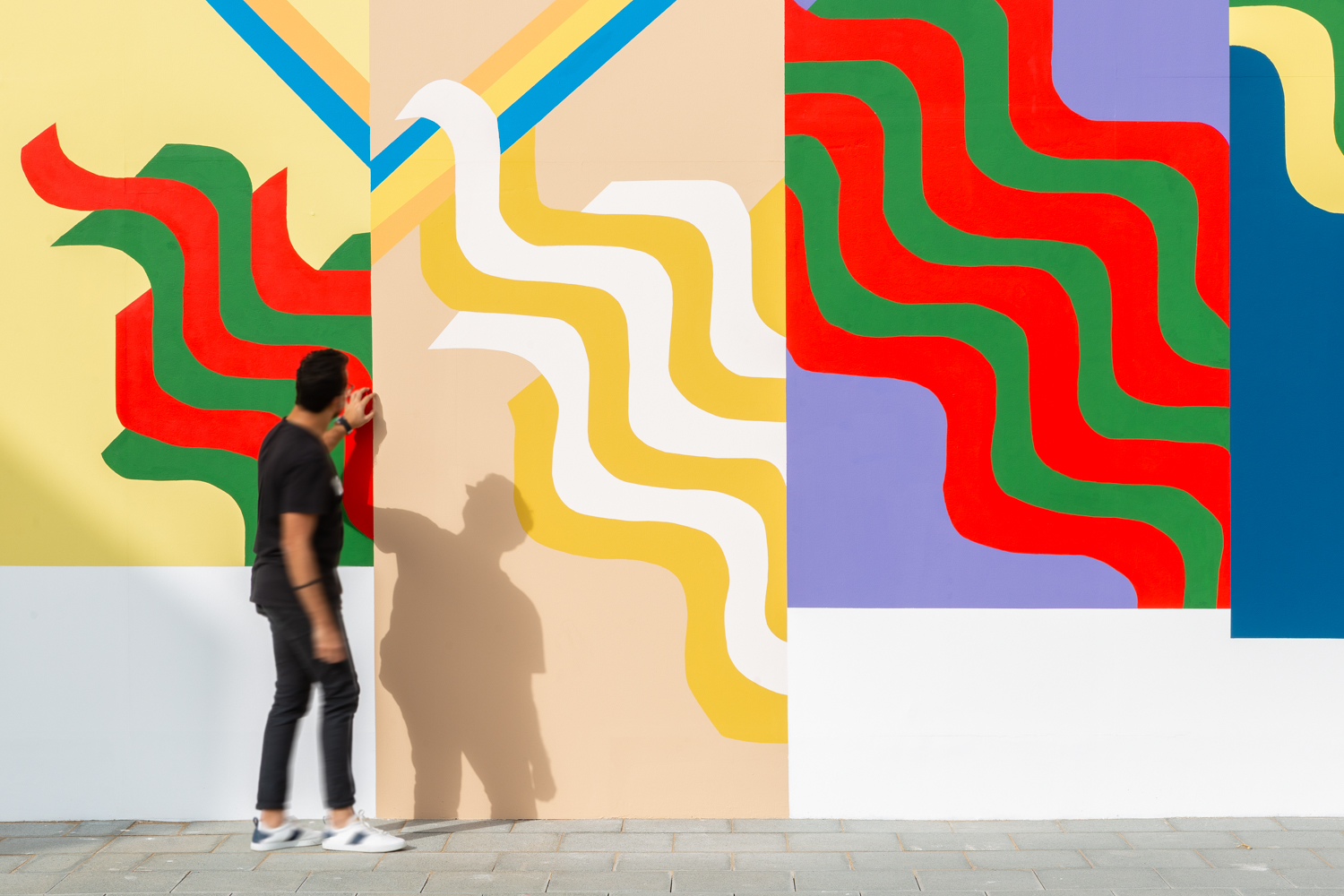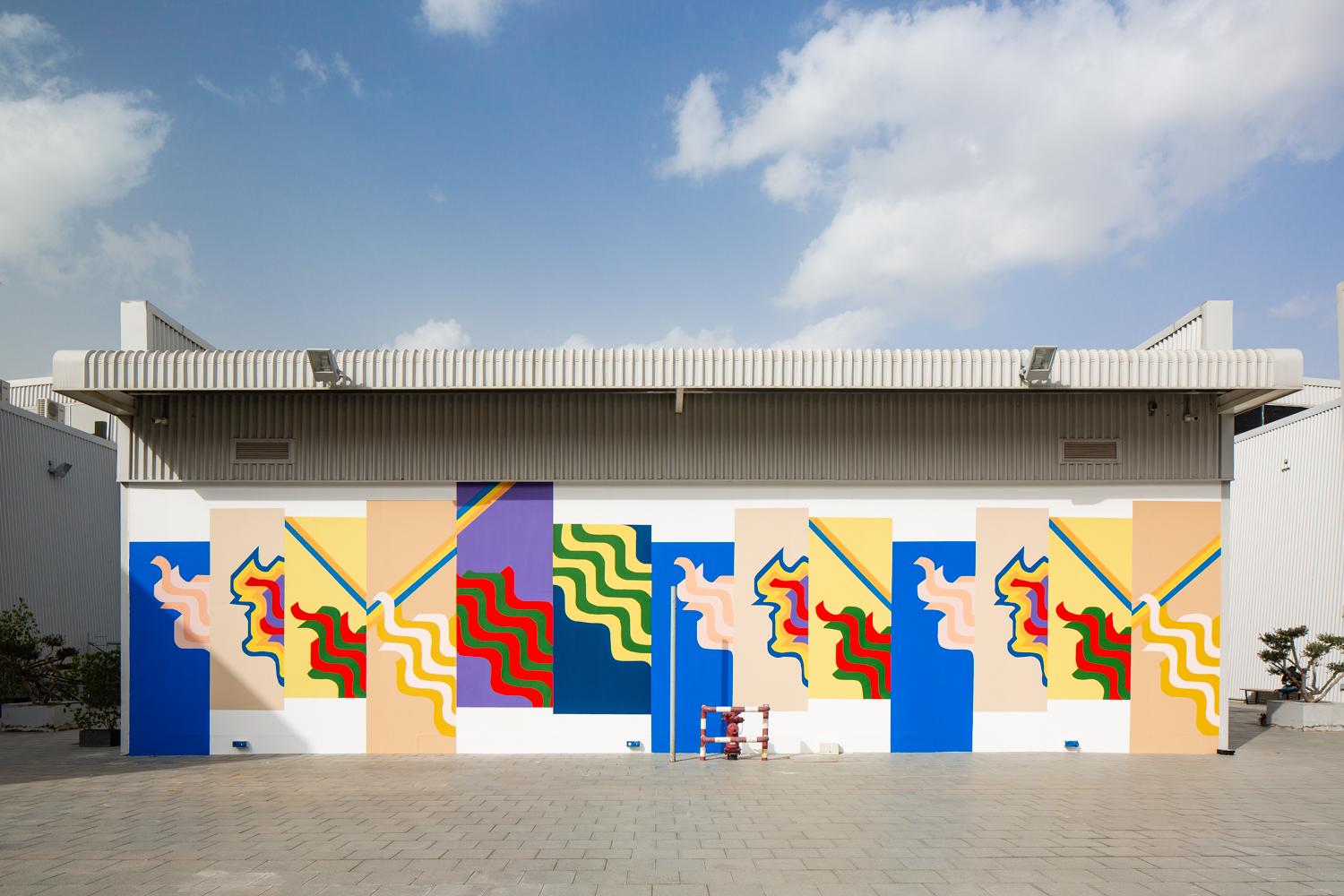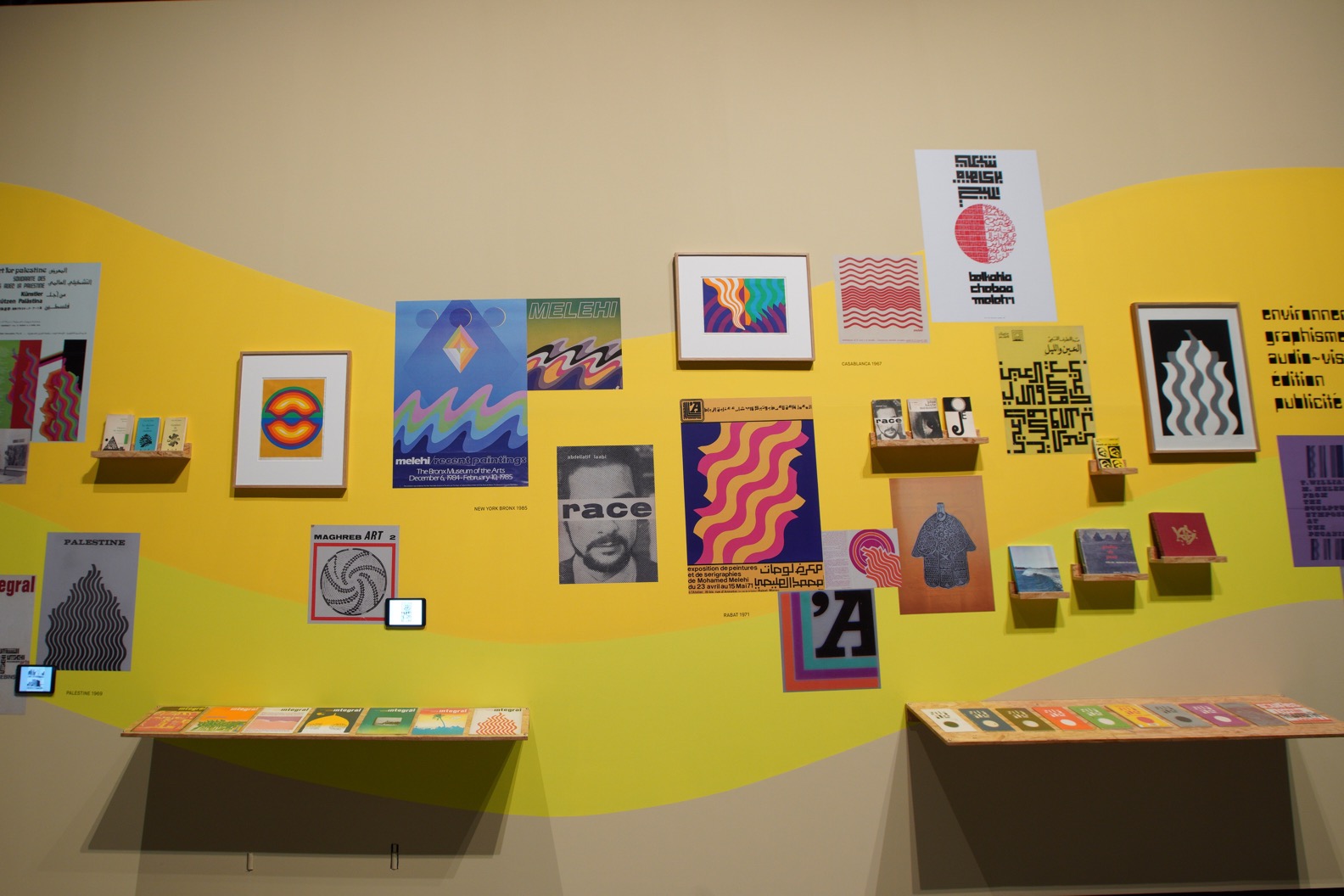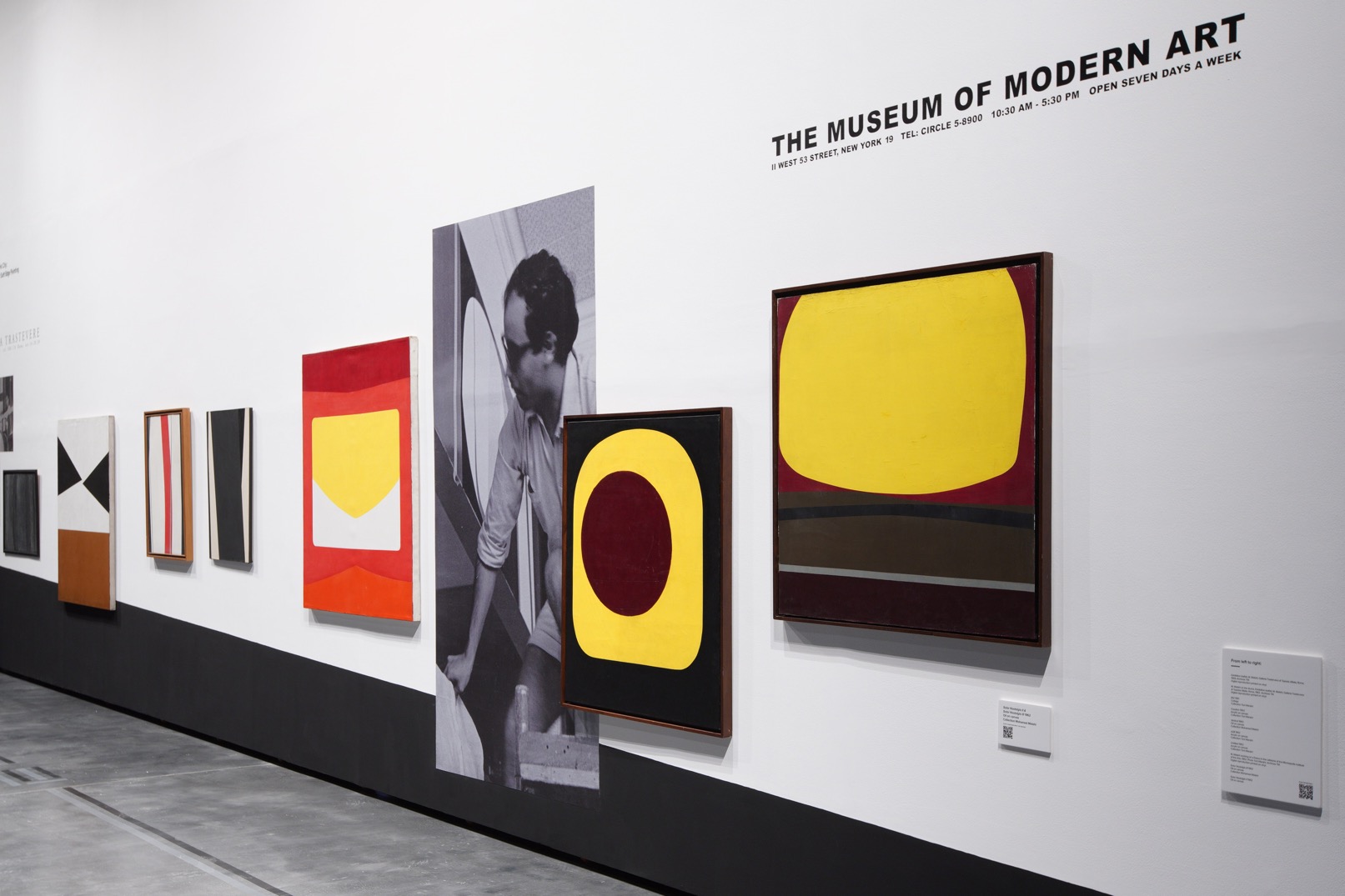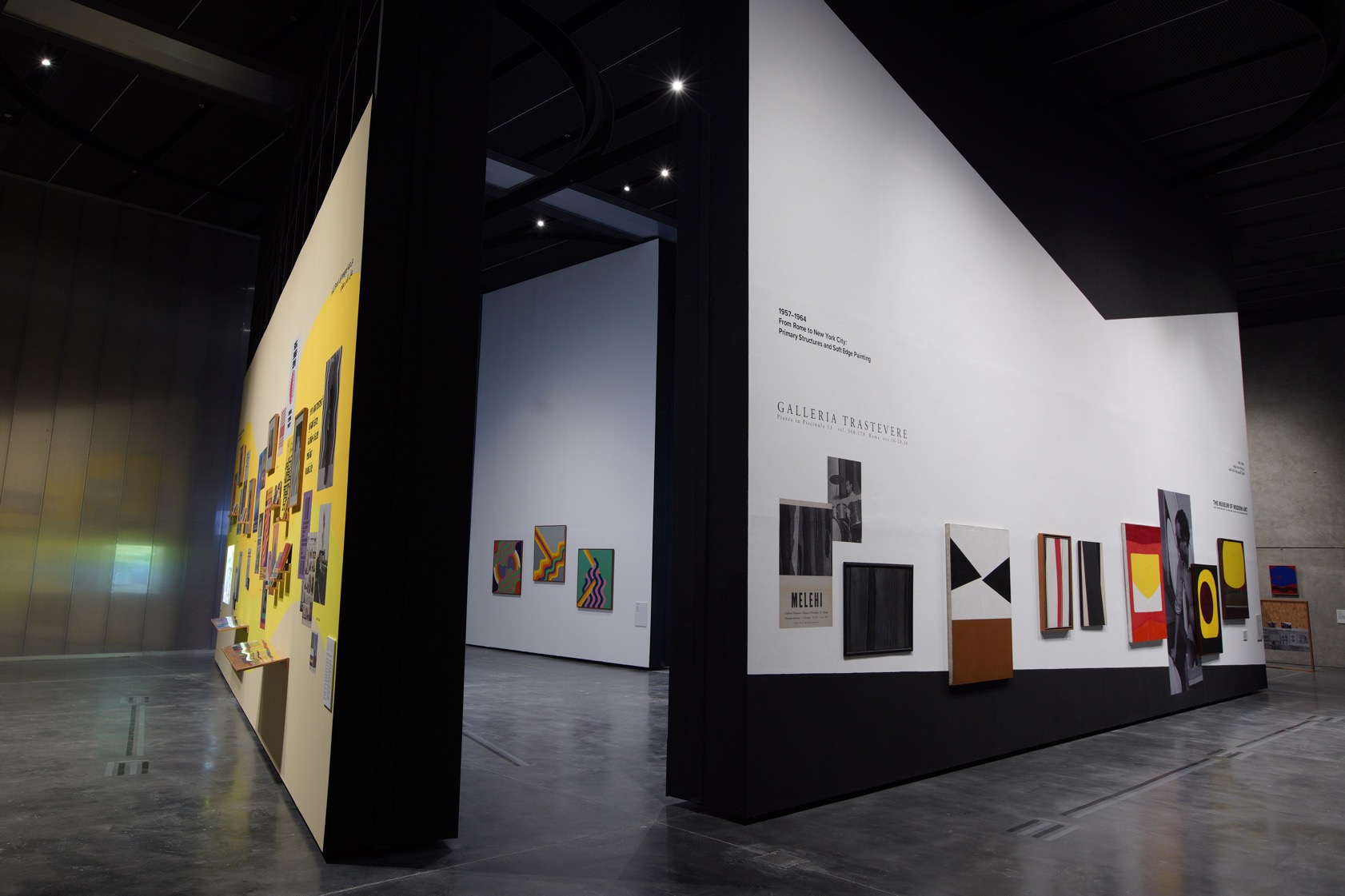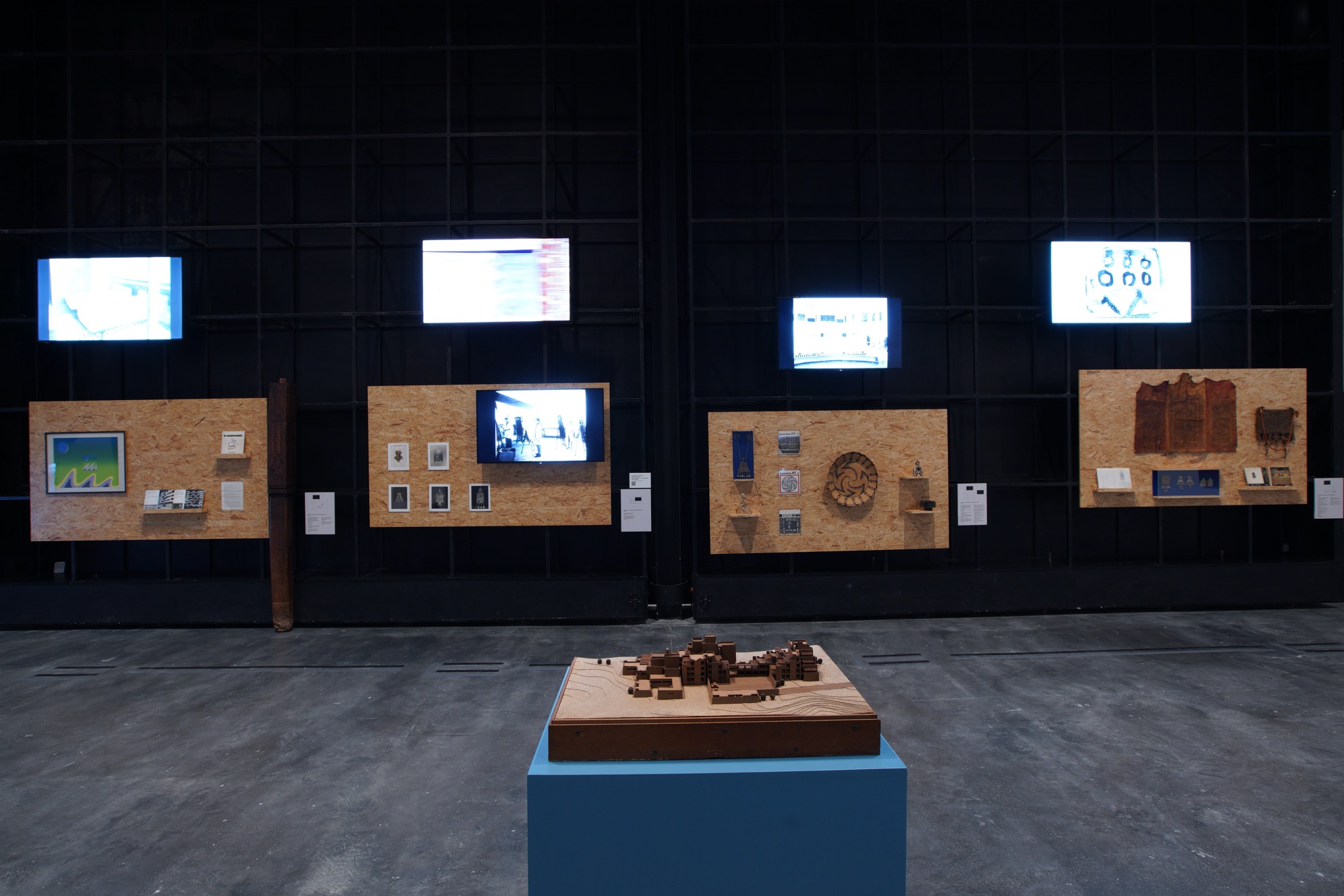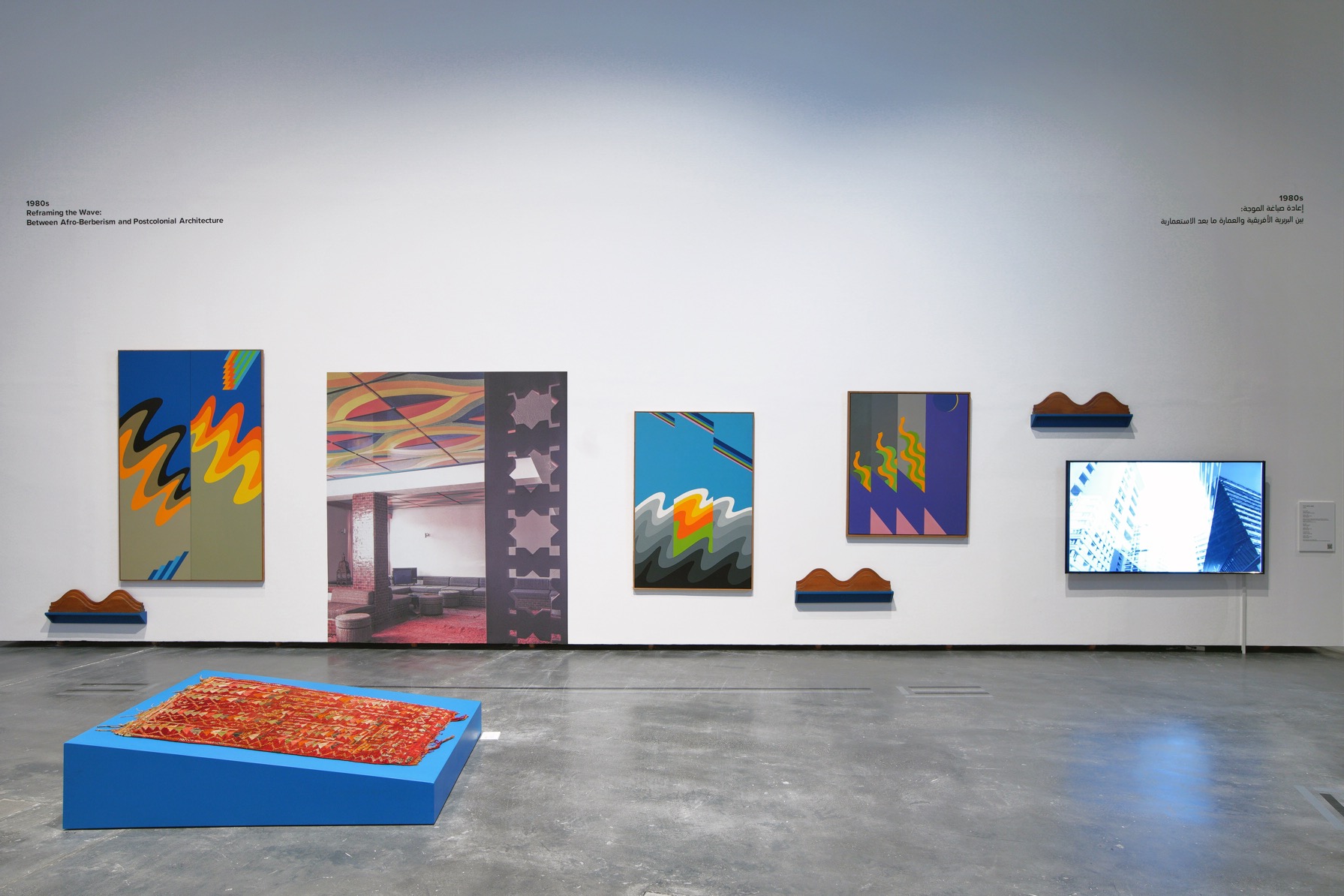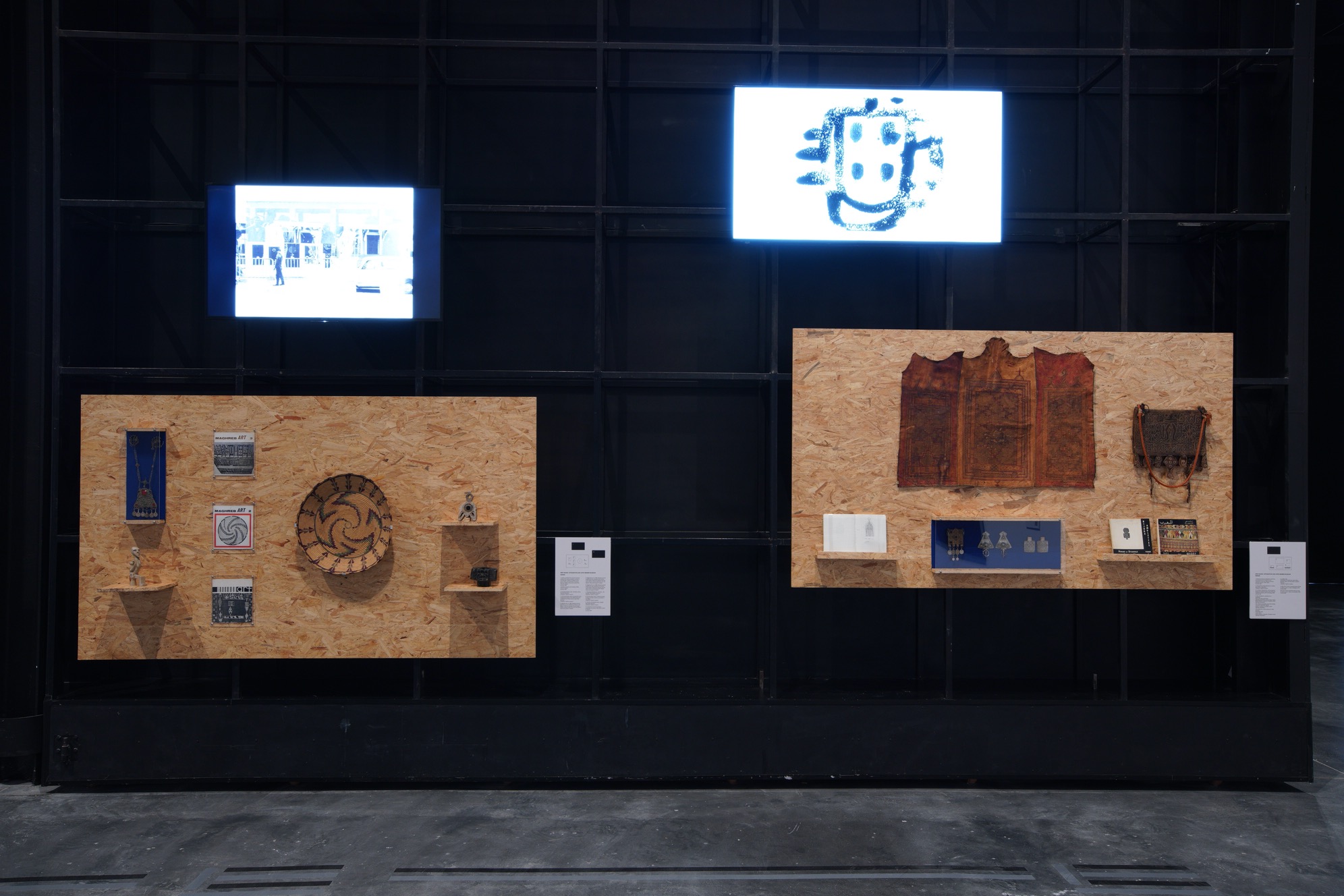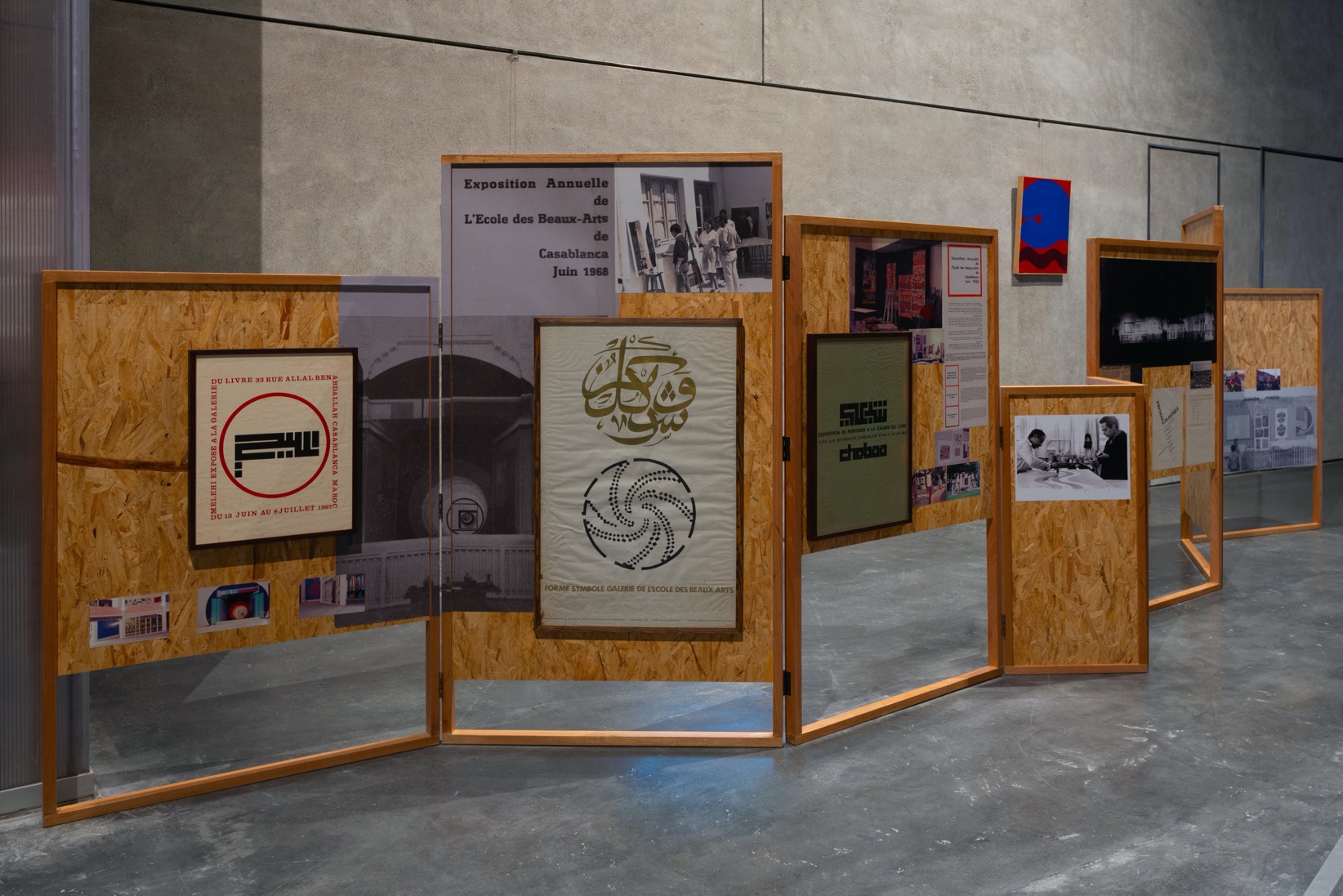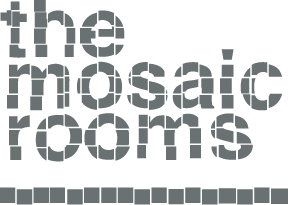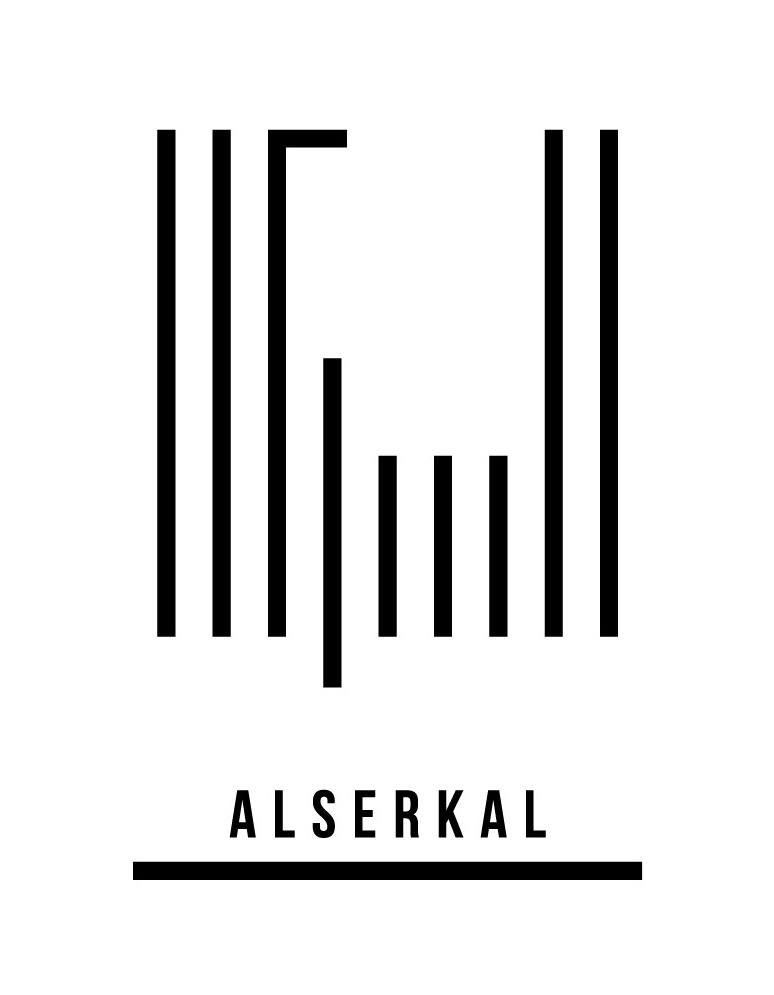New Waves : Mohamed Melehi and the Casablanca Art School Archives
New Waves : Mohamed Melehi and the Casablanca Art School Archives
Alserkal Art Foundation, Dubaï, EAU
19.09 — 21.11.2020
The exhibition New Waves : Mohamed Melehi and the Casablanca Art School Archives was produced in collaboration with The Mosaic Rooms – A.M. Qattan Foundation, Londres.
Mohamed Melehi (b. 1936, Asilah, Morocco) is regarded as a major figure for postcolonial Moroccan art and within the history of transnational modernism.
This retrospective exhibition will bring a pioneering artist’s multi-faceted career to life, giving UAE audiences a unique insight into a practice that feels critical and relevant for contemporary concerns in this region. It also tells the story of the Casablanca Art School during its most radical period, when Melehi taught there between 1964-1969.
In Melehi’s art, we sense the spirit of aesthetic revolution and the exhilaration of post-Independence Morocco. His creative energy and visual innovation are palpable in this unique selection of key works, dating from the 1950s to the 1980s. We trace Melehi’s artistic developments in the 1960s, from experiments with abstraction in Rome and New York, to the fullest expression of the wave, his emblematic motif, in the 1970s. We also recognise his importance in the history of transnational art; Melehi’s work resists the East/West divide that developed during the Cold War period. His wavy Third World frescoes take us on a cosmopolitan journey, drawing together the Mediterranean and the Atlantic. A painter, photographer, muralist, graphic and urban designer, art teacher, and cultural activist, Melehi challenged convention and freed painting from the gallery and studio, breaking down hierarchies and reclaiming public space for the visual arts.
Curated by Morad Montazami and Madeleine de Colnet of Zamân Books & Curating, this iteration expands their research into lesser known aspects of Melehi’s work, such as his photographic practice. It also reveals his in-depth exploration of Afro-Berber art and craft.
Texts by Morad Montazami, approved by Mohamed Melehi and Toni Maraini
© Photo. Ismail Noor (Seeing Things)
Have a virtual tour of the exhibition following this link.
Watch the film MELEHI, Shalom Gorewitz, 1984
Presentation of Mohamed Melehi edited by Alserkal
